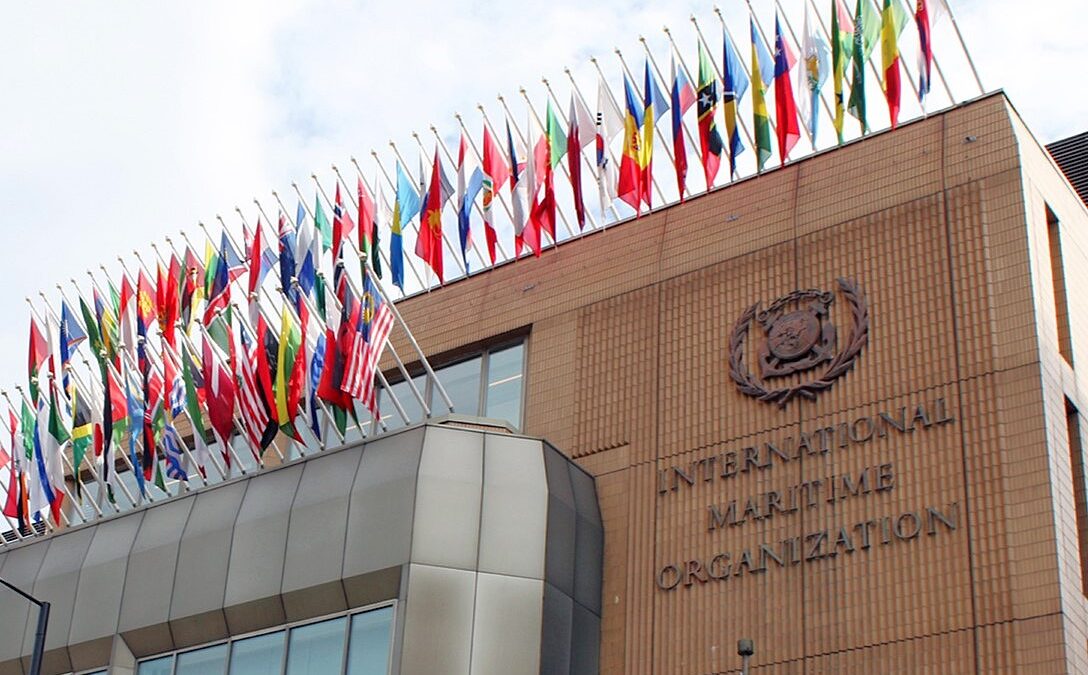UN Agency Edges Closer to Global Carbon Levy on Maritime Industry: Bloomberg
A global carbon emissions charge for the shipping industry is on the horizon; it can have far-reaching implications for the industry and the planet.
The shipping industry will soon scurry for cleaner energy alternatives as the global maritime authority is considering a mandatory charge on carbon emissions.
According to Bloomberg, the International Maritime Organization inched closer toward such a levy at talks held in London this week.
The United Nations agency plans to finalize the details of the measure next year and have it introduced in 2027.
While the timeline is clear, the news agency said there is far less certainty about how it will work and whether there will be a significant impact on the shipping industry’s emissions.
The maritime industry carries 80 percent of world trade and spews more than a billion tons of carbon dioxide into the atmosphere each year.
“We will have a pricing mechanism,” said the IMO’s secretary general, Arsenio Dominguez, in a meeting with journalists at the organization’s London headquarters. “Of that, I have no doubt.”
More in the Flock
Bloomberg added that countries, including the Marshall Islands, earlier submitted a proposal for a minimum emissions charge of $150 per ton of CO2 equivalent, adding hundreds of dollars to shippers’ fuel bills for every ton of oil they burn.
Others, including European Union nations, Canada and China, have submitted separate documents discussing GHG pricing.
It will take a lot of work to nail down precisely how the money will be raised, where it will ultimately go, and, most importantly, what the price should be, reported the agency.
In 2022, a years-long campaign for a comparatively tiny $2 per ton levy was ultimately rejected. And Donald Trump, who previously pulled the US out of the Paris climate accord, could also be in the White House before the IMO makes its final decision.
When it comes into force, the IMO’s mechanism is set to be the planet’s first-ever global, mandatory price for GHG emissions — no other discussions for any other sector are as advanced, according to Dominik Englert, a senior economist at the World Bank.
A levy isn’t the only way the IMO aims to hit its targets for decarbonizing shipping. It’s also working on regulation for a phased reduction in the GHG intensity of ship fuel.
“The UN is on the edge of adopting the world’s first-ever global emissions price, but the policy will only be as successful as countries make it,” said Sandra Chiri, a shipping manager at Ocean Conservancy, while speaking to the news agency.
Also Read:
IMO Doubles Down on Emission Controls in Arctic and Norwegian Seas
Nirmal Menon
Related posts

Subscribe
Error: Contact form not found.


